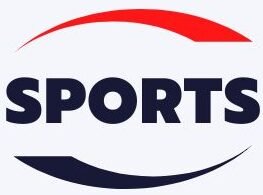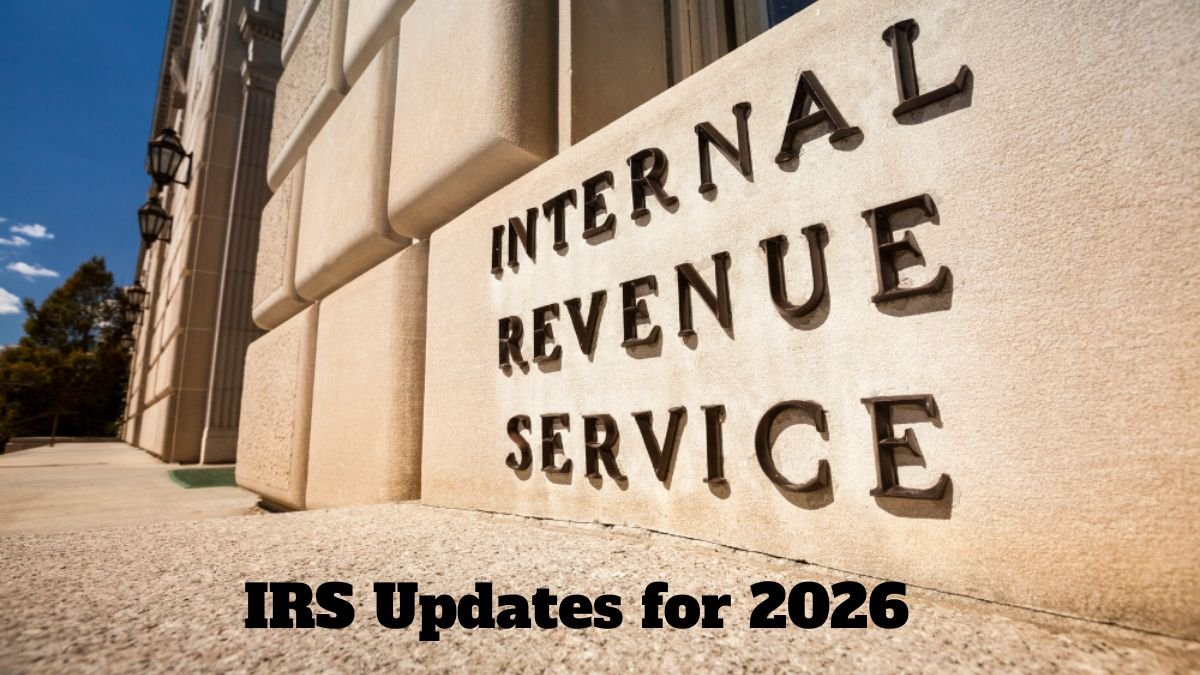In today’s digital age, freelancing and the gig economy are growing rapidly. Millions of people sell their services every year on platforms like Uber, Fiverr, and Upwork. Many earn additional income part-time or as side hustles.
But as income grows, compliance with tax rules has become increasingly important. In 2026, the IRS has issued new rules for freelancers and gig workers that will govern how to report side income and gig earnings and file taxes.
In this article, we’ll explain in detail which rules apply, how to report income, deductions and tax savings, and how to avoid common mistakes.
New Rules for Freelancing and Gig Work
The IRS has made several changes in 2026 that will directly impact freelancers and side income earners.
Reporting Thresholds
Previously, gig or freelance platforms with earnings under $600 often didn’t issue a 1099-NEC form.
In 2026, the IRS clarified the rules, stating that all income, whether large or small, must be reported.
This means you must report all your side income on Form 1040, even if the platform didn’t issue a 1099.
1099 Forms and Platform Reporting
Companies like Uber, DoorDash, and Upwork are now required to issue a 1099-K or 1099-NEC form.
If you earned $600 or more from a platform, this form will be sent to the IRS, and you will receive it too.
This ensures the IRS receives your true income.
Self-Employment Tax
- Gig workers and freelancers are also required to pay self-employment tax (15.3%).
- This includes Social Security and Medicare taxes.
- In 2026, the IRS has further clarified that any freelancer or gig worker must pay this tax, whether their income comes from a side hustle or primary job.
The Correct Way to Report Income
Income Tracking
- Keep records of all gig and freelance income.
- Keep track of platform payments, bank deposits, and cash payments.
1099 Forms
- Check the 1099-NEC and 1099-K forms you receive.
- If there are any discrepancies, contact the platform.
Form 1040 and Schedule C
- Show freelance income on Schedule C (Profit or Loss from Business).
- This will report your self-employment income and allowable expenses.
Expenses Deduction
You can report home office deductions, internet, software subscriptions, travel, and equipment expenses.
This will reduce your taxable income.
- Quarterly Estimated Taxes
- If you earn significant income during the year, it’s important to make quarterly estimated tax payments.
- This helps prevent a large tax liability at year-end.
Tips to Save Taxes on Side Income
- Proper Use of Business Expenses
- Claiming all legitimate business expenses.
- Examples: Laptop, software, marketing, home office utilities.
- Retirement Contributions
- Reduce taxable income by investing in a SEP IRA or Solo 401(k).
Health Insurance Premiums Deduction
- Self-employed health insurance premiums are also deductible.
- Mileage Deduction: If the vehicle is used for gig work, take advantage of the mileage deduction.
- Record Keeping: Keep records of your income and expenses throughout the year.
- This will be your strongest proof in the event of an IRS audit.
Common Mistakes and How to Avoid Them
- Ignoring Minor Income: Not reporting income less than $600 is wrong. The IRS has now clarified that all income should be reported.
- Overclaiming Expenses: Claiming expenses that are not business-related is risky.
- Ignoring Quarterly Tax: Heavy penalties and interest may be imposed at year-end.
- Not Keeping Proper Documentation: Claiming deductions without receipts or records may be wrong.
Benefits of the 2026 IRS Rules for Freelancers
- Compliance and Peace of Mind: Following the new rules protects you from IRS audits.
- Tax Optimization: Using the correct deductions and credits can reduce your tax liability.
- Professional Record Keeping: Recording all income and expenses makes future financial planning easier.
- Growth Opportunities: Compliance increases your credibility as a freelancer or gig worker, while increasing your income.
Conclusion
The IRS’s side income and gig work rules for 2026 are extremely important for freelancers and gig workers. Reporting all your income correctly, taking advantage of valid deductions, and maintaining record-keeping along with quarterly tax payments are essential.
By following these rules, you can not only save taxes but also make your freelance career secure and sustainable. Freelancing is growing rapidly, but so are the responsibilities—with the right information and preparation, you can be fully prepared for the 2026 tax season.
FAQs
Q1. What are the new IRS rules for 2026 regarding gig work and side income?
A. The IRS requires all freelancers and gig workers to report all income, regardless of amount, and properly account for deductions and taxes.
Q2. Who must follow these rules?
A. Anyone earning income from freelance work, side hustles, or gig economy platforms like Uber, Fiverr, or Upwork in 2026 must comply.
Q3. How should freelancers report their income?
A. Freelancers should report income on Form 1040 and Schedule C, including all payments from platforms (1099-NEC or 1099-K) and cash earnings.

